Contributed Talk 4a
contributed
Thu, 28 Aug 2025, 11:55 - 12:35
- Experimental Private Quantum SensingNicolas Laurent-Puig (Sorbonne Université, CNRS, LIP6); Laura dos Santos Martins (Sorbonne Université, CNRS, LIP6); Luis Bugalho (Instituto Superior Técnico, Universidade de Lisboa, Portugal); Santiago Scheiner (Sorbonne Université, CNRS, LIP6); Majid Hassani (Instituut-Lorentz, Universiteit Leiden, P.O. Box 9506, 2300 RA Leiden, The Netherlands); Sean Moore (Sorbonne Université, CNRS, LIP6); Damian Markham (Sorbonne Université, CNRS, LIP6); Eleni Diamanti (Sorbonne Université, CNRS, LIP6)[abstract]Abstract: Quantum sensors are powerful tools for measuring physical quantities with high sensitivity, enabling, for instance, the mapping of Earth’s gravitational field , detecting very small changes of magnetic fields, or the passage of time. The underlying principle is to use a quantum state as a probe that interacts with the physical quantity of interest, thereby encoding relevant information into the state. Although individual quantum sensors may exhibit remarkable sensitivity, the precision of a certain measurement can be significantly enhanced when multiple probes are entangled. Distributed quantum sensing extends this further and leverages entanglement among spatially separated sensors, allowing them to function as a single, coherent system. This approach enables measurements across extended spatial regions, while surpassing the precision achievable by independent sensors. However, a significant challenge in a network setting is ensuring that sensors deployed across different parties serve as the necessary resources for the correct functioning of the target sensing task. This challenge has motivated the combination of quantum cryptography with quantum sensing. In this context, Shettell et al. introduced the notion of privacy for sensor networks, ensuring that, beyond the metrological advantage of cooperative estimation of a global function, parties can also maintain the privacy of their local information and control what data is accessible to others. In this work, we adopt this protocol and focus on a multi-user quantum sensor network framework to analyze the privacy aspects of this parameter estimation task, leveraging a high-quality four-party GHZ state source.
- Renyi security framework against coherent attacks applied to decoy-state QKD (original 1c/4)Lars Kamin (Institute for Quantum Computing and Department of Physics and Astronomy, University of Waterloo); John Burniston (Institute for Quantum Computing and Department of Physics and Astronomy, University of Waterloo); Ernest Y.-Z. Tan (Institute for Quantum Computing and Department of Physics and Astronomy, University of Waterloo)[abstract]Abstract: We develop a flexible and robust framework for finite-size security proofs of quantum key distribution (QKD) protocols under coherent attacks, applicable to both fixed- and variable-length protocols. Our methods achieve high finite-size key rates across a broad class of protocols while imposing minimal requirements. In particular, it eliminates the need for restrictive assumptions such as limited repetition rates or the implementation of virtual tomography procedures. To achieve this goal, we introduce new numerical techniques for the evaluation of conditional sandwiched Renyi entropies, enabling tight key rate bounds without compromising generality. In doing so, we find an alternative formulation of the ``QKD cone'' studied in previous work, which may be of independent interest. Moreover, we illustrate the versatility of our framework by applying it to several practically relevant protocols, including decoy-state protocols. Furthermore, we extend the analysis to accommodate realistic device imperfections, such as independent intensity and phase imperfections. Overall, our framework provides both greater scope of applicability and better key rates than existing techniques, especially for small block sizes, offering a scalable path toward secure quantum communication under realistic conditions.
